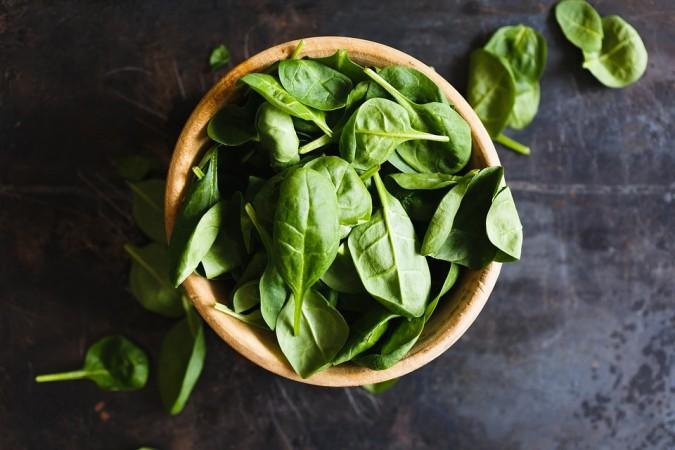
It is very important that we eat right to maintain a good health and prevent diseases. But, what if we can make planet-friendly choices while eating? Wildevore diet helps us not just to make diet choices which are beneficial to us but also our planet Earth.
According to The Ecologist, the Wildevore diet comprises of some of the philosophies of veganism, vegetarianism, flexitarianism, ethical omnivorism, and clean eating. However, the main focus lies on the pressures on the environment and the impact on human health.
While flexitarianism is all about plant-based meals without completely eliminating meat, ethical omnivorism comprises of a diet that involves meat, eggs, dairy and produce that can be traced back to a farm that raises grass-fed, free range, antibiotic and hormone-free livestock.
Caroline Grindrod, an environmental conservationist and Wildevore coach and Georgia Winfield-Hayes, a nutritionist, are promoting Wildevore diet, which works for both vegans and meat-eaters.
Wildevore diet basically aims at educating the people about where their food originates from. For instance, meat produced on regenerative farms and fed on natural diets is allowed for its human health benefits.
Georgia also says vegan diets do not always yield the best result. While, they can be fantastic for cleansing the body in a short period, but it can create serious health problems in the long run. Vegan diet's main protein, Soya, is a hormone-disrupting food and can affect reproductive systems. Also if animal products are not consumed, it can cause omega 3 and other vitamin and mineral deficiencies.
Supermarket staples have decreased our nutrition intake, Georgia was quoted as saying by the website.
"The minerals in food have reduced by up to 60 percent. These deficiencies compound our craving for the taste of nutrient-dense foods. But if we don't understand this we end up eating all the wrong things," she added.
Another aim of Wildevore diet is to omit the segregation between meat-eaters and non-meat eaters.
"We want everyone to realize they eat life forms from a cycle of birth, life, death and decay. You can make local and sustainable choices when eating meat and you can make local and sustainable choices when eating plants – we all need to take responsibility for doing better," said Caroline.
![[Representational image] cows,](https://data1.ibtimes.co.in/en/full/677193/cows.jpg?h=450&l=50&t=40)
If you are a non-vegetarian following Wildevore diet, make sure you are not supporting Intensive farming, GMOs, antibiotics and mistreatment of animals. One can eat meat reared in farms that restore ecology.
"Animals can be used to regenerate land or degrade it. And in fact much land requires herbivores to help regenerate the ecosystem, it's just most farming systems don't function this way and the animals are degrading the land," Georgia told The Ecologist.
"So we choose animals that are helping restore the ecology. These meats, which include wild meats, are far more nutritious as they are not fed any concentrates, they have a varied diet and a natural life," she added.
The environmental conservationist explains that plowing and fencing in livestock have degraded the soil and, in turn, depleted the nutrients in our food. Also, it is impossible to live like hunters and gatherers though it would have been ideal.
"But we can take steps to build healthy ecosystems in all the land that grows food for humans. This is the only sustainable way we can live on this planet," she says.
According to Georgia, farms should be like nature reserves. She stresses on "building an ecological bank account which can generate 'biological bank interest' in the form of food for homo sapiens – the 'conscious' keystone predator. Wildlife, livestock and humans will all benefit from this increased bank account. We must also make sure we never again spent like the savings account we once inherited and exploited in the form of "soil fertility and ecological diversity", she felt.















